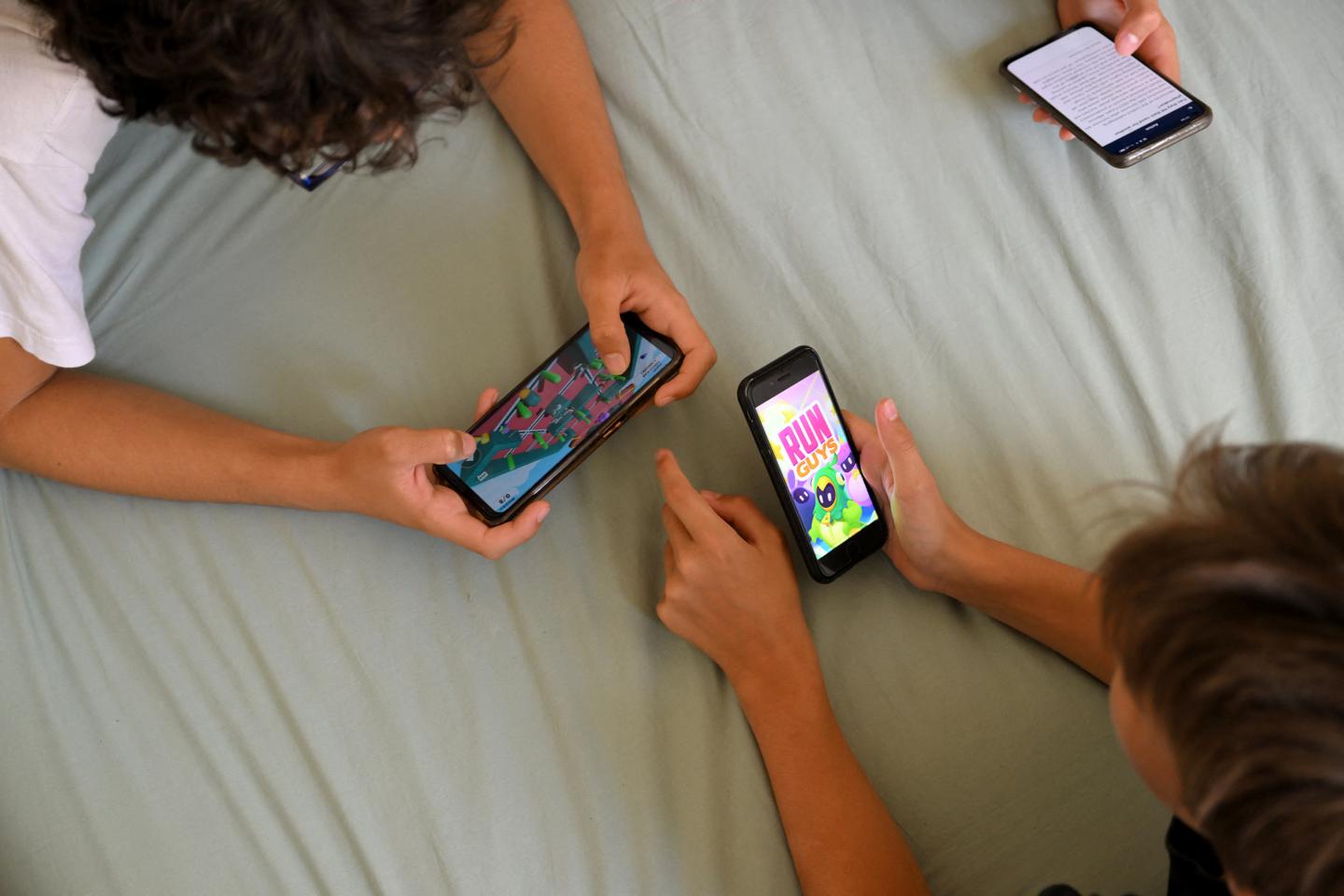


While the campaign launched in 2008 with the theme "no screens before age three" has still not achieved the expected effects (screen time for 2-year-olds approaches one hour per day), healthcare professionals in France have proposed a new goal: "No screens before age 6." Indeed, they are at the forefront of dealing with children who suffer from massive screen overconsumption and are measuring its catastrophic effects. Although such a ban may seem unrealistic to many parents and also faces enforcement issues, recent studies show that there are numerous protective factors, which if implemented, would reduce both screen time and its most problematic consequences, namely risk factors.
First of all, it is essential to consider the distinction between accompanied and unaccompanied screen use. Several studies have indeed shown that while background TV and total screen time reduce young children's language skills, co-viewing and educational content are associated with increased language skills. Literacy decreases when children are left alone in front of screens, but increases when parents watch programs with them. Thus not only is socialization possible with screens, but also learning.
Accompaniment does not necessarily mean watching programs with the family. The Elfe study, or French Longitudinal Study of Children, published in 2024, shows that eating meals without the TV is associated with better verbal reasoning scores at age 2 and cognitive development at ages 3 and a half and 5. In other words, the idea that time spent in front of screens is time lost for fundamental learning only applies to children left alone in front of a screen, and even then only if this time is significant – more than five hours a day. This raises the question of the difficulties parents face in explaining such a large amount of screen time. Underlying issues such as depression could promote this overexposure.
Parents' screens
You have 68.44% of this article left to read. The rest is for subscribers only.
